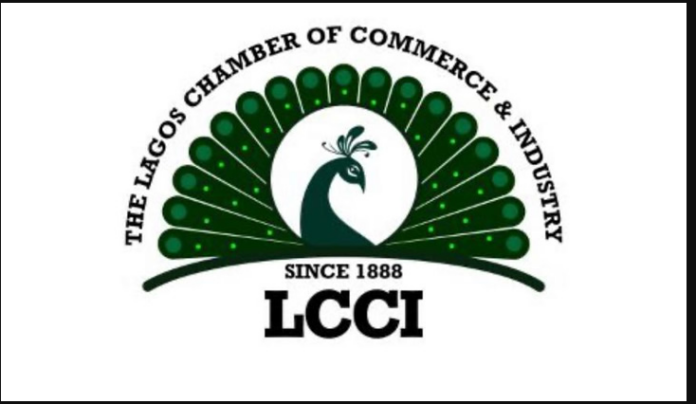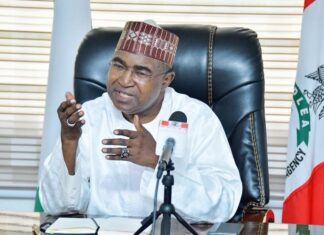Industry stakeholders urge Abuja to implement vital economy reforms to deliver real growth this year
By Jeph Ajobaju, Chief Copy Editor
Industrialists and their allies have urged Abuja to implement key economic reforms to facilitate sustainable growth this year and beyond.
Nigeria’s Gross Domestic Product (GDP) 2.98 per cent in the first quarter of 2024 (Q1 2024), 3.19 per cent in Q2 and 3.46 per cent in Q3.
But looking ahead from Q1 2025, Lagos Chamber of Commerce and Industry (LCCI) President Gabriel Idahosa stressed that “prospects hinge on sustained fiscal reforms, exchange rate stabilisation, and enhanced monetary policy coordination to foster growth, with inflation projected in the 2025 budget to decelerate to 15 per cent as policy impacts crystallise.”
He advocated for prioritising diversification, investment in critical sectors, and policy consistency to achieve the government’s medium-term economic recovery objectives.
In 2024, Idohasa recounted, Nigeria’s economic growth remained modest, with GDP expanding at an estimated 3.46 per cent, reflecting the lingering impact of structural challenges, insecurity, and global economic headwinds.
According to him, key growth drivers include the non-oil sector, particularly telecommunications, agriculture, and services, while oil production recovery is hampered by theft and underinvestment.
Fiscal reforms, including subsidy removal and tax efficiency measures, supported revenue but stoked inflationary pressures, Idahosa said, per Leadership reporting.
He stressed: “Looking ahead into 2025, the outlook appears cautiously optimistic, with GDP growth projected to accelerate upward, contingent on sustained policy reforms, improved oil sector output, and investments in infrastructure.
“Enhanced public-private partnerships and efforts to bolster economic diversification remain pivotal to achieving inclusive and sustainable growth.”
Muda Yusuf, Centre for the Promotion of Private Enterprise (CPPE) Chief Executive Officer, added that high inflationary pressure was a major concern in 2024 with November inflation peaking at 34.2 per cent, which had a great impact on the economy.
He urged the government to expedite action on boosting the capitalisation of the development finance institutions – BOI, BOA, NEXIM – to deepen development finance interventions.
In his view, there is need to revitalise and restructure the Bank of Agriculture (BOA) to support agriculture and agro-allied industries with concessionary financing, saying the current high bank interest rate impedes the recovery and growth of agriculture and allied sectors of the economy.
“The Central Bank of Nigeria (CBN) should soften its tightening stance in order to support investment growth and job creation in the economy,” Yusuf said.
“The current high interest regime foisted by the tightening regime increases the risk of loan defaults, increasing the prospects of higher non-performing loans in the financial sector
“High interest rates also increase debt service costs for the government with the current huge exposure to domestic debts. High interest rates typically pose significant risks to business sustainability amid numerous headwinds.”
Yusuf sought protection for the real sector from the adverse effects of free market principles, saying, “this is the basis of government intervention in a market economy.”
Read also:
LP joins Atiku to finger, blame Tinubu over threats to Obi’s life, APC scoffs














